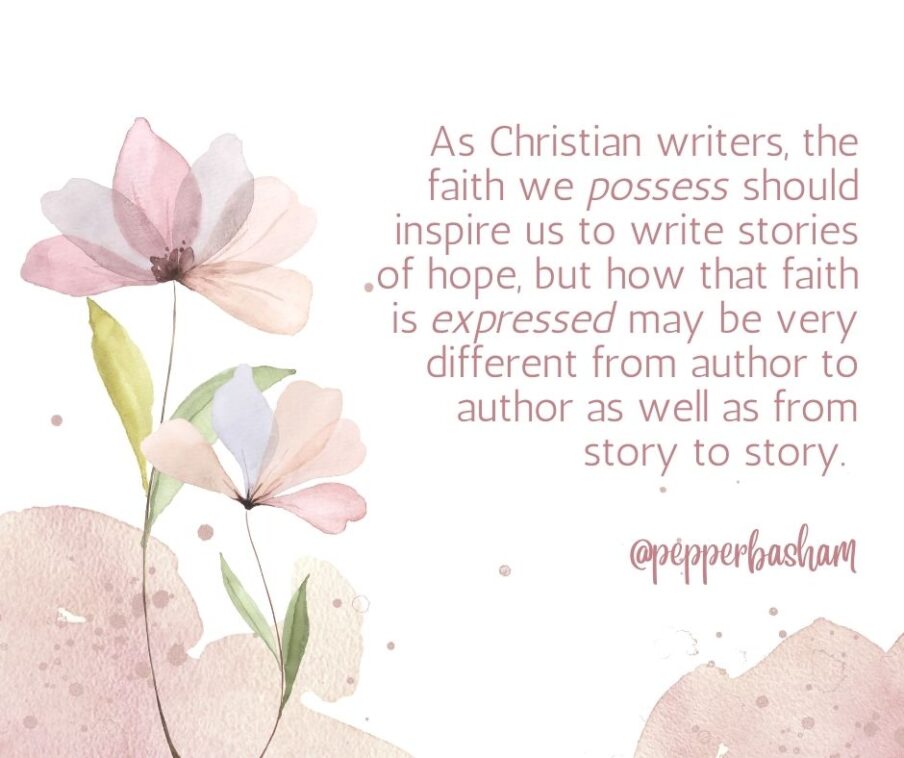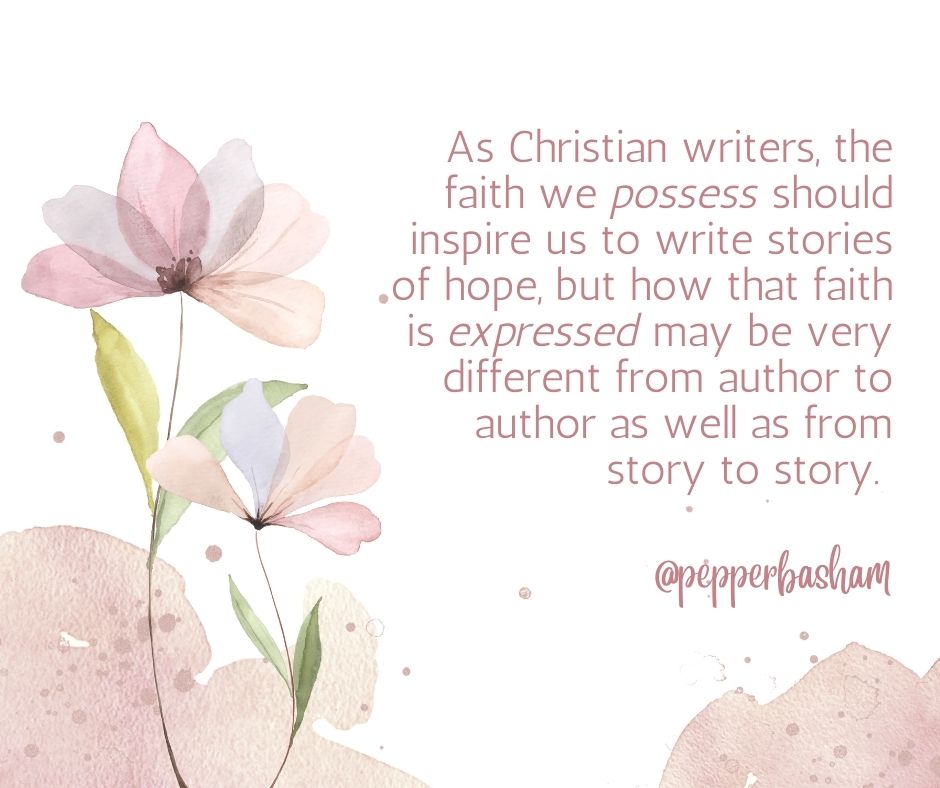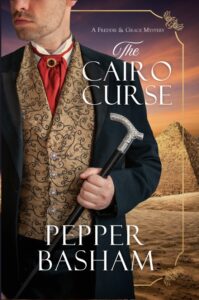By Pepper Basham, @pepperbasham
What is one thing some of the most popular stories in history have in common?
Okay…I don’t mean the VERY obvious answers like “characters” or “dialogue” or “conflict,” though those are all true.
I mean something deeper and richer than the obvious.
It’s hope.
Hope for a rescue.
Hope for love.
Hope of belonging.
Hope for second chances.
Hope for a large swath of many other things.
Hope is a very powerful force that creates in us a sense of motivation, imagination, courage, and more.
And hope can be communicated in SO MANY WAYS!
As Christians, our faith is saturated with hope. From Genesis to Revelation, we hear story after story where the thread of hope breathes new life into hopeless circumstances or broken people or impossible situations. Sometimes that hope is as overt as the parting of a Red Sea, but sometimes, it’s quieter…like a young former-idolatress widow desperately looking for someone to redeem her. (Notice- God likes to use all kinds 
Hope keeps us reading that book or watching that movie.
Hope that even in the darkest of spots, something will come along to change the dark to light or provide rescue from the shadows.
As Christian writers, the faith we possess should inspire us to write stories of hope, but how that faith is expressed may be very different from author to author as well as from story to story. Just as God uses very different ways to reach His kids in Scripture, different styles of writing and different subtle or overt elements in story will touch different readers.
Our faith brings hope, so, of course, if that faith is a part of who we are, it’s going to come out in what we write.
So…how do we know the amount and level of faith we need to incorporate in our books?

Here are two basic things to remember:
The faith elements need to be organic to the story and the characters.
And…
An author needs to be aware of the population for whom she/he is writing.
What do I mean by the first point?
Well, some stories, by their nature, have more overt faith talk. Maybe written prayers or a conversion scene. Bible verses on display. Characters having theological discussions on the page. This overtness, if it fits your story and characters, should be shown throughout the whole book, not just tagged on at the end. That’s what I mean by organic. Faith should flow from the heart of the story, not be a “oops, let me add this” type of thing. So if your characters are overtly speaking about their faith, it should be something a reader reads throughout the story and even in the characters’ heads too.
Other stories “show” faith in a more subtle way, yet they are no less “organic” with faith at the heart of the story. There may not be references to Scripture verses or sermons. In fact, Jesus’s name may not enter the story at all. There may be no talk of church either, but themes of redemption are there. Good fighting evil. Does that mean this type of story is less reflective of God’s grace and love? (Not at all).
God uses all types of stories to bring hope to all types of people. The subtle “smaller” stories of Ruth and Esther show the same God of redemption and hope as the sweeping tales of Moses or David.
Hope is the key, and as our faith shines through our writing, we can offer that hope to others.
And there is a wide spectrum of ways to display this hope.
The Lord of the Rings, The Chronicles of Narnia, and A Wrinkle in Time, do this without overt mentions of faith and yet hope pulses through them all. It’s a little more obvious in G.K. Chesterton’s Father Brown or Jan Karon’s Mitford series. And there are others that put faith on display in an even more upfront way.
But they ALL work for the same purpose when a person wishes for God to use their stories for His glory.
That’s the point.
No willing heart will go wasted in God’s economy.
He uses the subtle and overt to bring His hope to the world and as writers, we are the ones who get to decide what sort of style will work best for our stories.
So as you plan to write your next story, here are three questions to ask yourself:
- Is it organic to my story?
- Is it organic to my characters?
- Is it true?
- Who is my reader? (Is this a book to encourage those who are already Christians, a story to make “seekers” curious, or somewhere in between?)
Clue meets Indiana Jones with a fiction-loving twist only Grace Percy can provide.
Newlyweds Lord and Lady Astley have already experienced their fair-share of suspense, but when a honeymoon trip takes a detour to the mystical land of Egypt, not even Grace with her fiction-loving mind is prepared for the dangers in store. From an assortment of untrustworthy adventure-seekers to a newly discovered tomb with a murderous secret, Frederick and Grace must lean on each other to navigate their dangerous surroundings. As the suspects mount in an antiquities’ heist of ancient proportions, will Frederick and Grace’s attempts to solve the mystery lead to another death among the sands?

Pepper Basham is an award-winning author who writes romance “peppered” with grace and humor. Writing both historical and contemporary novels, she loves to incorporate her native Appalachian culture and/or her unabashed adoration of the UK into her stories. Her 20th book came out in February 2023. She currently resides in the lovely mountains of Asheville, NC where she is a wife, mom to five great kids, a speech-language pathologist, and a lover of chocolate, jazz, hats, and Jesus. Her 2021 novel, Hope Between the Pages, was a finalist for the prestigious Christy award. Pepper loves connecting with readers and other authors through social media outlets like Facebook &
Instagram.
You can learn more about Pepper and her books on her website at www.pepperdbasham.com



Comments 1
Such an insightful post! Thank you, Pepper!